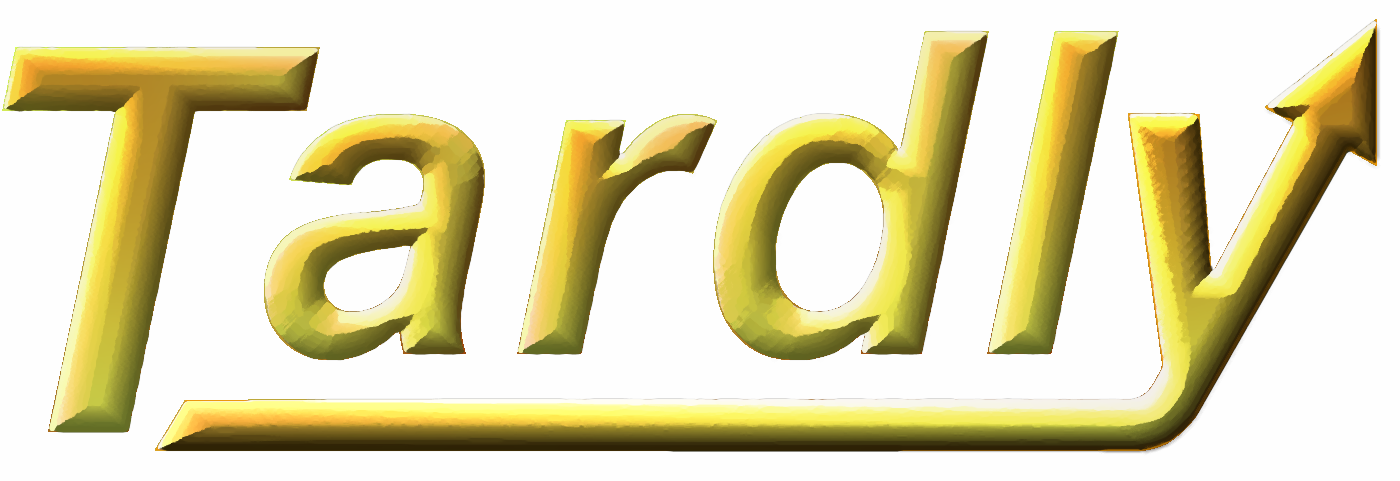FAQ
How does the No Loss Lottery (“NLL”) Work
Users of Tardly deposit $ALGO into a smart contract pool. That pool stakes the $ALGO in consensus to accumulate staking rewards over the span of an epoch. At the end of an epoch, a winner is chosen by Verified Random Function (“VRF”) using the Algorand randomness beacon. That user then wins the pot of rewards (after deducting a percentage that goes to project treasury, as described below).
Does it cost to enter?
Other than normal network transaction fees & a tiny minimum balance requirement, no. Users can withdraw funds at any time and receive back the $ALGO they deposited.
Is there a minimum deposit?
Yes. There is a minimum deposit of 100 $ALGO for entry.
How often is a winner chosen?
Epochs last for approximately 48 hours. After every 48 hours, the VRF selects a winner and a new epoch begins. This is adjustable by the Algotardio Multisig.
What if I add to or remove stake during an epoch?
To be eligible to win, a user's stake must have been in the NLL for the full epoch. Changing a commitment will reset your entry time. Thus, if you commit, add, or remove stake in the middle of an epoch, you will not be eligible for the prize in that epoch. Instead eligibility will resume during the following epoch. The only exception to this is the very first epoch.
How is a winner determined?
he winner is chosen, based on weighted stake, via a verifiably random function using Algorand's randomness beacon. In other words, odds increase the more you stake, but the selection is done in a trustless and randomized way using VRF.
What are the payouts?
The smart contract is programmed to pay out 70% of the epoch's accumulated rewards to the winner of that epoch's drawing. The other 30% is deposited to the project's multisig treasury account (tardio.algo) to be used as described below. The fee is adjustable by the Algotardio Multisig but the contract forbids it from being above 30%.
What is the treasury allocation used for?
The treasury funds will be used for a combination of project costs (node cost, website hosting/development, etc.) and for buyback/burns of the $ATARD token.
Do I need to hold $ATARD to participate in the NLL?
Nope.
Are the smart contracts audited?
No. Audits are expensive, and as a community driven effort we cannot front the thousands of dollars it would take to do an audit at this time.
Are the smart contracts open source?
To be determined.
